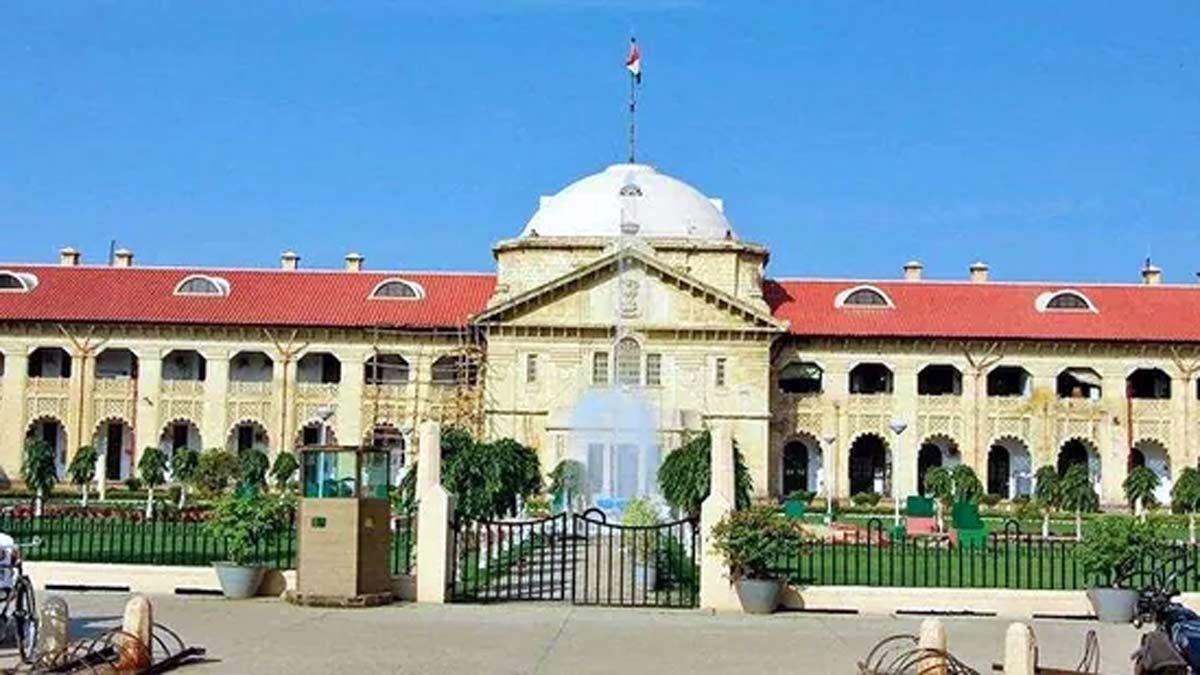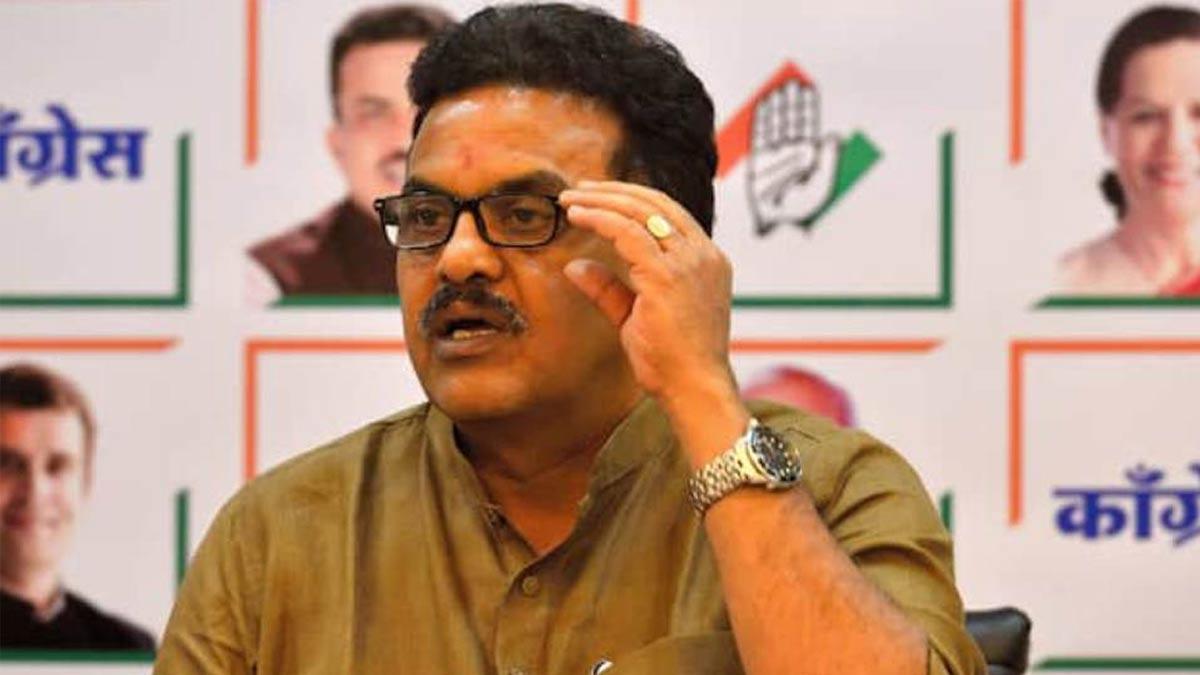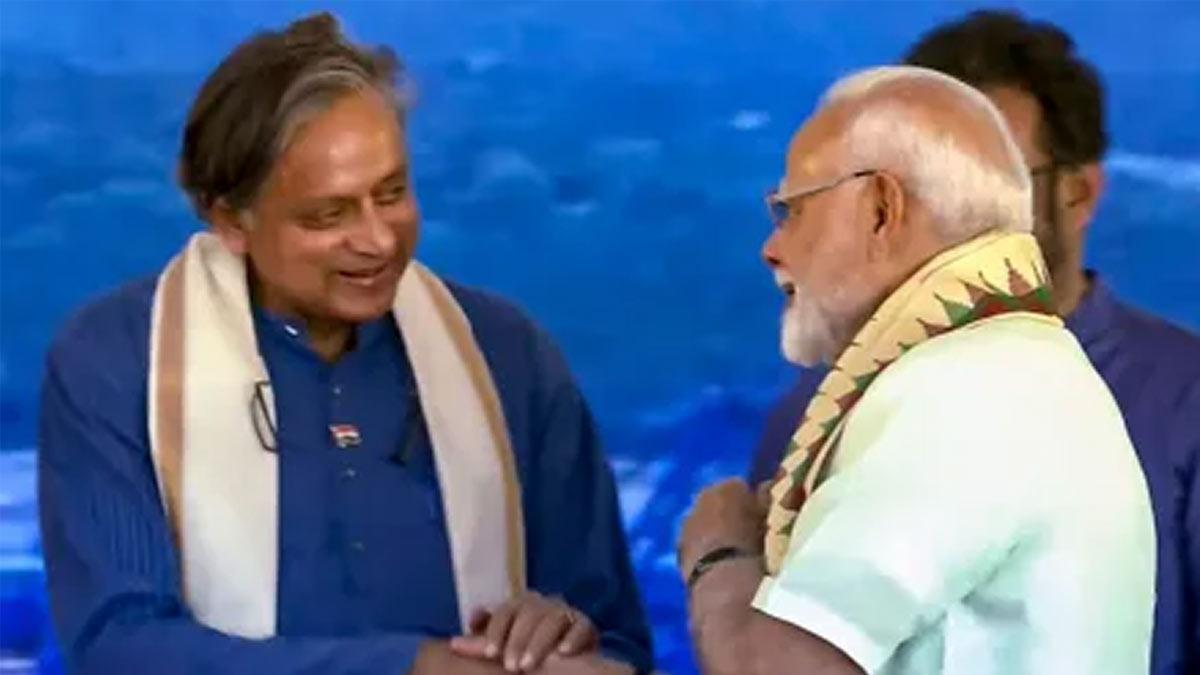Allahabad High Court has upheld that even though the Indian Constitution provides every citizen with the right to practice and spread their religion, it does not give protection to religious conversions obtained through coercion or fraud.
Justice Vinod Diwaker made this statement while rejecting a petition asking for the quashing of a First Information Report (FIR) filed against four people under the Uttar Pradesh Prohibition of Unlawful Religious Conversion Act, 2021.
According to the complaint, the accused reportedly tried to make people embrace Christianity through payment of money and providing free medical care. The court held that the allegations were serious enough to justify a probe and refused to interfere with the FIR.
In its substantive judgment, the court highlighted the fundamental values of religious freedom enshrined in the Constitution.
"India's constitutional system enshrines the right to religious freedom under Article 25. Article 25 gives every individual the fundamental right of freely professing, practising and propagating religion, subject to public order, morality and health. The fact that the word 'freely' is used in Article 25 emphasizes the spontaneous nature of religious belief and expression," the court observed.
It went further to clarify that, "the Constitution does not sanction forced or false conversions, and it does not protect coercive or fraudulent methods in the name of religious propagation."
Emphasizing the role of limits within which religious freedom has to function, the court noted that the restrictions are essential to protect public harmony and citizens' rights.
"The assumption that a particular religion is of a superior kind to other religions quite necessarily presupposes the moral and spiritual superiority of one religion over another. This idea is in principle antithetical to secularism. Indian secularism is based on the foundation of equal respect for all religions. The state should neither identify with nor prefer any religion, but rather hold a principled equidistance from all religions and faith," the bench observed.
The court also spoke of the intent of the 2021 law introduced by the Uttar Pradesh government, saying it was meant to maintain public order and moral integrity in accordance with constitutional values.
"The main object of the Act is to ban legal conversions from one religion to another which are done by misrepresentation. by force, undue influence, coercion, allurement, fraud or marriage for the express purpose of illegal conversion. What the law aims at is to avoid exploitation and manipulation which may have more far-reaching destabilizing impact on social harmony, apart from disruption of law and order.," elucidated the legal judgment.
Also, the ruling interpreted a legal question with regard to the filing of complaints under Section 4 of the Act. Even though the provision normally allows only victims or their immediate family members to file a complaint, the court held that the station house officer is also authorized to file FIRs in such situations. It argued that the Act has to be read together with the Bharatiya Nagarik Suraksha Sanhita, according to which police can act in cognizable cases.
This ruling, handed down on May 7, is strengthening the constitutional position that religious choice is a personal one, however, it must be exercised without manipulation, pressure, or deception.
Read also| Haryana Travel Blogger Arrested on Charges of Spying for Pakistan
Read also| Sanjay Nirupam Criticizes Turkey’s Pro-Pakistan Stance, Calls It a Betrayal


















